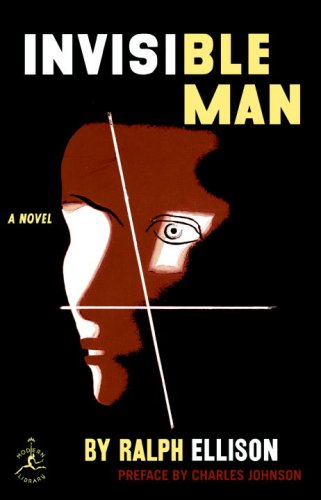I’ve never been a black and white thinker. Most issues in life seem to fit into gray areas for me. It’s why I rarely discuss politics with friends. I’ve come to be perfectly fine with that. I have a feeling many people who advocate banning books somehow do not see the world in these gray areas.

I wonder if Kurt Vonnegut was a gray thinker. I saw him once on a talk show where he defended Salman Rushdie at the time when religious zealots were trying to kill Rushdie for a novel he wrote – book banning at it’s extreme. I also read a letter he wrote to politicians reminding them that the United States (including Vonnegut, himself) has fought wars against countries who burned books. I probably would not be as much of a book fan if I did not appreciate the power of storytelling and the written word. At the same time, books seem significantly less threatening than weapons – like guns. What is there to be afraid of about a book? Apparently, there’s something.
I finished re-reading Vonnegut’s Slaughterhouse-Five today although it seemed like I had never read it. I didn’t remember much of it. I remembered it being a fictional account of Billy Pilgrim, an American POW in Dresden, Germany when the Allied Forces bombed Dresden toward the end of World War II. I also remember that Vonnegut, himself, had been an American POW in Germany. I did not remember that Vonnegut makes himself a background character in the novel. Billy becomes unstuck in time due to an extraterrestrial encounter on the planet Tralfamadore. He jumps back and forth between childhood, adulthood, parenthood, marriage and soldier. I recently read a description of Vonnegut by his son who said that his dad was an optimist trying to be a pessimist. The humor in each paragraph of this book combines with Billy Pilgrim’s depression to provide more than adequate evidence for his son’s observation. One sentence that struck me as both hilarious and sad describes Billy’s mother when he was a kid during the Great Depression on a trip out west:
Like so many Americans, she was trying to construct a life that made sense from things she found in gift shops.
In regards to books, on Tralfamadore, one of its residents beautifully explains to Billy how they view books:
There is no beginning, no middle, no end, no suspense, no moral, no causes, no effects. What we love in our books are the depths of many marvelous moments seen all at one time.
If I had to explain to someone what I love about books, I would probably use this quote.
Finally, in a hospital conversation between Billy and a retired military professor, Rumfoord, I think Vonnegut gets to the heart of the matter about his views on his war experience which do not seem as black and white as many of his critics would try to paint him:
“It had to be done,” Rumfoord told Billy, speaking of the destruction of Dresden.
“I know,” said Billy.
“That’s war.”
“I know. I’m not complaining.”
“It must have been hell on the ground.”
“It was,” said Billy Pilgrim.
“Pity the men who had to do it.”
“I do.”
“You must have had mixed feelings, there on the ground.”
“It was all right,” said Billy. “Everything is all right, and everybody has to do exactly what he does. I learned that on Tralfamadore.”










